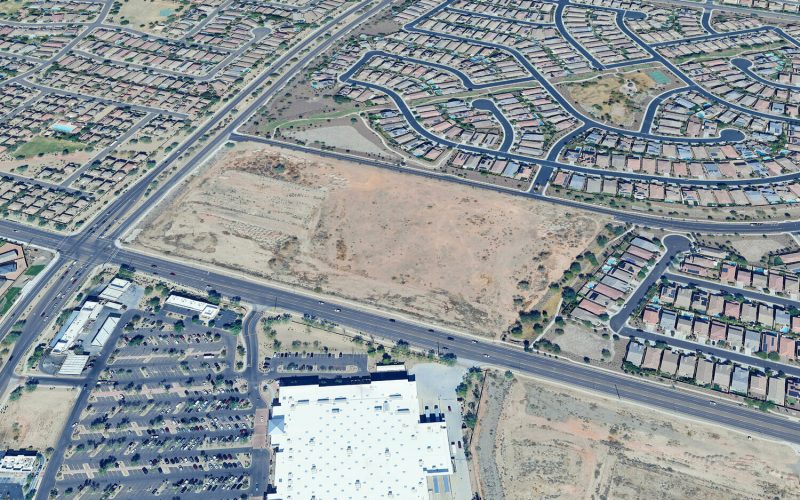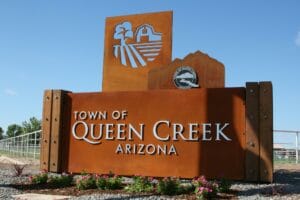BLM officials in Arizona said they are eager for more help
By Kailey Broussard | Cronkite News
Bureau of Land Management employees in Washington have until this week to decide whether to accept a transfer out West – a move that some advocates and former bureau managers see as an attempt at “dismantling” the agency.
Notices went out Nov. 12 to 159 workers who will be affected by the bureau’s decision to move its headquarters to Grand Junction, Colo. Those workers were given 30 days to decide whether to accept the transfer or find other work.
They are among as many as 296 who could ultimately get relocation notices, with as many as 39 of those jobs slated to be moved to state or regional offices in Arizona.

/Photo by Eliot Phillips/Creative Commons
Supporters say the move, announced this summer, will bring the bureaucrats in the agency closer to the people most affected by the decisions they make on the massive federal land holdings in the West.
“Ensuring employees live alongside the ranchers, miners and farmers who are most impacted by its decisions will increase transparency and accountability,” said Rep. Paul Gosar, R-Prescott, and chairman of the Congressional Western Caucus, in an emailed statement.
But critics say just shuffling jobs around the country is not the way to do that.
“Moving a few people to Grand Junction, Colo., and scattering staff all over the western United States makes absolutely no sense. The only objective could be to destroy the agency,” said Dean Bibles, who spent more than 40 years in various BLM positions – including some time as state director in Arizona.
The BLM move, first announced in July, stems from a 2017 executive order signed by President Donald Trump to reorganize and streamline federal agencies. Part of that order was to “move decision-making out of the Washington, D.C., area and to move it closer to where the decisions would actually have an impact,” according to a BLM page on the topic.
About 60 BLM employees who work directly with budgets or government relations are expected to remain in Washington.
BLM officials in Arizona said they are eager for more help. Amber Cargile, BLM deputy state director of communications, said state offices are not sure how the dozens of new agency employees will fit into operations in the state, but they are counting on the relocated staff to help manage the 12 million surface acres of BLM land in Arizona.
“It’s really important for us that we have a lot of interactions with our stakeholders. That’s the culture we have worked to foster in Arizona,” Cargile said.
The administration is not alone in the desire to move federal agencies out of Washington – a bill pending in the Senate calls for a study to identify sites in specific states with “economically distressed” regions. That bill, introduced in October, has yet to get a hearing.
“Decisions about our public lands are best made by people with boots on the ground – not by nameless, faceless bureaucrats living in Washington, D.C.,” said Sen. Martha McSally, R-Arizona, in an emailed statement. McSally is not a co-sponsor of the bill to move agencies.
Besides making workers more responsive to the public, backers say the move from high-rent Washington could cut expenses for taxpayers.
But Bibles and other former agency executives said that move will come at a different type of cost, upending land management practices and stunting the agency’s ability to serve the public. They sent a letter in September to Interior Secretary David Bernhardt warning of their concerns.
Bibles, a board member of the Public Lands Foundation, said the problem is that BLM has increasingly routed decisions through the national office instead of letting state offices make the decisions. That needs to change, he said, not the physical location of the workers.
“All we need to do is put the decision making back where it belongs,” he said.
Jeff Ruch, Pacific director for Public Employees for Environmental Responsibility, said the relocation will hurt the agency’s efficiency as a whole.“This is the BLM inflicting massive self-imposed wounds. The removal of scores of senior staff is a lobotomy on an already thinly staffed agency,” Ruch said.







